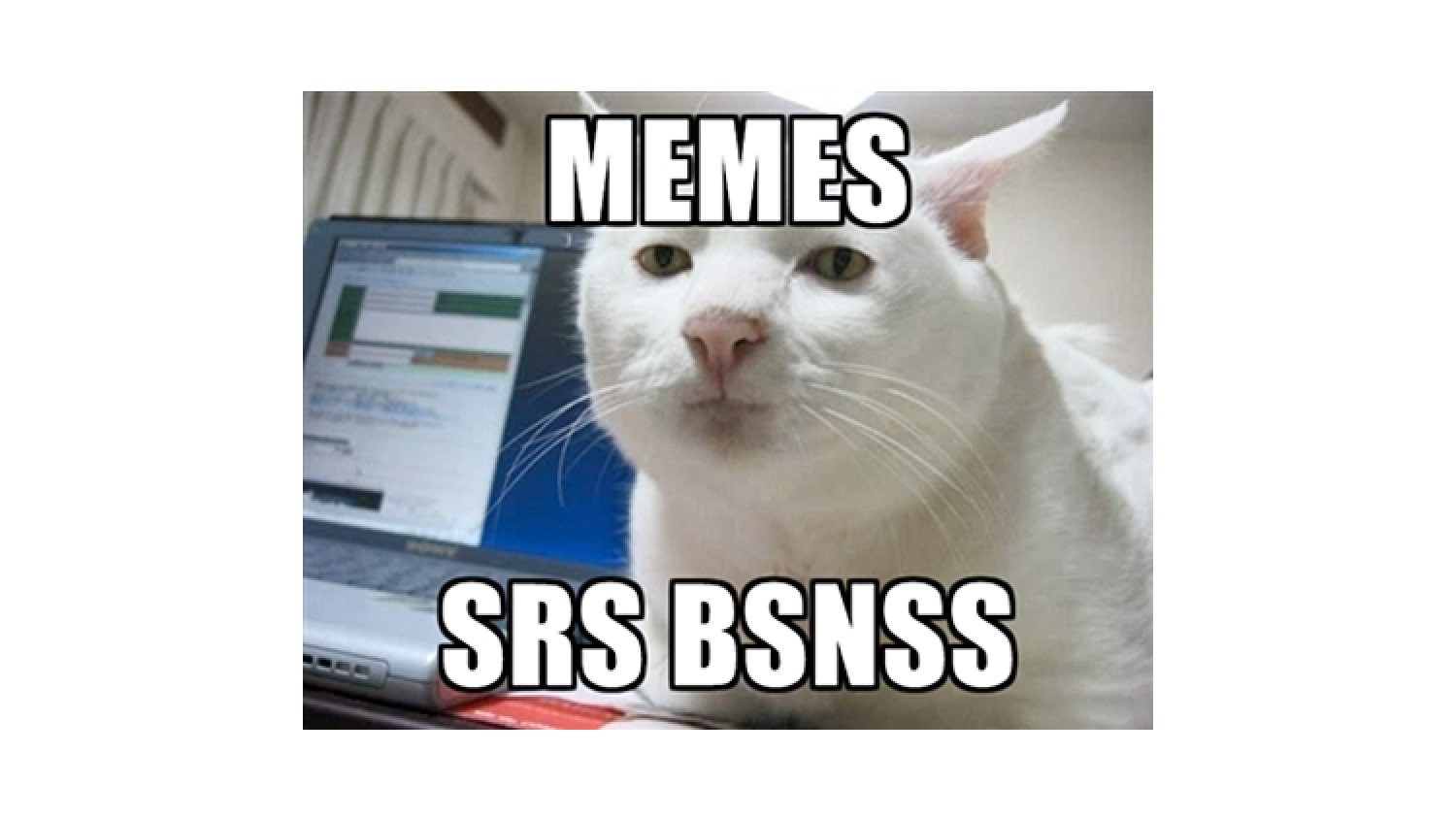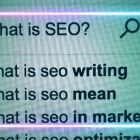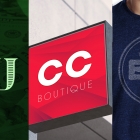Memes Mean Serious Business
Last week we talked about memes and how they’re becoming increasingly important for all kinds of reasons.
Heck, we even participated in one!
Wasn’t that a blast, GLAD WORKS friends?
But this week we’re going to talk to you a little bit about what memes mean for marketers. As you know, because you’ve read our last blog post, memes wield tremendous power: They can make us money, turn us into instant celebrities, and they can reveal trends in the public consciousness. To marketers, who spend their lives attempting to tap into and influence the minds of the populace, these possibilities are incredibly interesting.
That kind of just made marketers sound like evil-doers, didn’t it?
“Tap into and influence the minds of the populace…”
OH NO LOOK OUT! THE MARKETERS ARE COMING! GET YOUR TINFOIL HATS!!!
Memes can mean serious business because they can be tracked, analyzed and used as tools to shape people’s perceptions about things. Of course, on the surface, memes appear to be just for fun—a funny kitty picture or a cool video that makes us laugh or captures our attention for a few minutes. However, underneath that surface, memes—at least successful ones—reveal some inherent truth that we all share. That’s why when we see one that we like, we resend it around the Internet.
We rarely think about the reasons why a particular thing resonates with us. Therein lies the quiet power of a meme: The foundation is participation (the spread), and the framework is unifying shared human traits and tendencies (the stick). For a meme to take off you need both spread and stick. Then, just watch it go…
With ninja-like stealth, a meme can sneak in and whisper in the ear of the public consciousness. As it gets repeated and shared and spread, it can actually shape and reform our beliefs about things. Have you ever told someone “I can see Russia from my house?” If so, thank Sarah Palin (Or Tina Fey, who is the real source of that quote.). Within a few days, the phrase became legendary, and served as critical commentary on a potential presidential candidate. Now it’s used any time you want to throw out a nonsensical non sequitur and revel in silliness.
All the while, without even realizing it, we spread these messages around to our friends for a giggle.
For example, if someone complains about something petty, someone else says “first world problems.” That meme points to self-referential privilege. When something looks to be one thing but is actually another, don’t be surprised if someone types, “Nope. Chuck Testa.” The “pepper spray cop” came to symbolize the abuse of police power and the quenching of public demonstration.
The inherent distribution network of friends and contacts has way more power than any billboard message could ever have. When was the last time you forwarded a billboard, GLAD WORKS friends?
Exactly.
In the case of our friend, Chuck Testa, this meme took his business from the local neighborhood paper to GLOBAL scope. This is a marketer’s dream come true! If we pay attention to the language of the Internet, we’ll have our fingers on its pulse. Memes (in general: ideas, behaviors, styles, phrases, pictures) are pretty badass and they’re only going to become more powerful as more people come online and start learning, keeping up with, and actively contributing to Internet culture.
How do you like those LOLcats, now?

 An agency-eye view of Marketing, Advertising, Branding, Design & Media.
An agency-eye view of Marketing, Advertising, Branding, Design & Media.





Very interesting stuff. I like it thanks. -_-